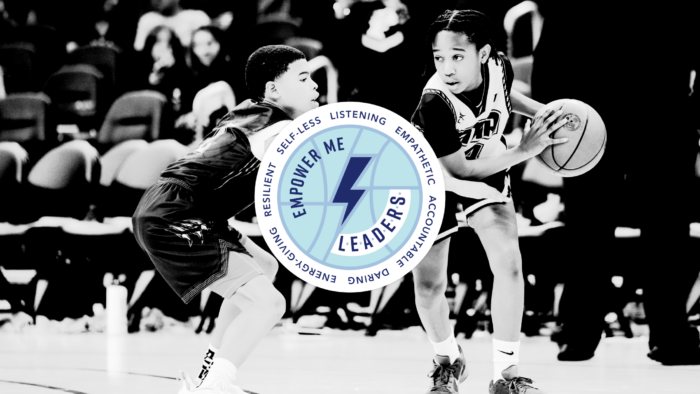Ask yourself, “What do I want my child (or children) to learn?”
Whenever we want to get a message across to our kids, first, we must consider what we want to teach them. We should want to cultivate an empowered mind: resilience, determination, risk-taking, empathy, confidence, etc. and not an entitled mindset: want it now, don’t want to work for it, want it because everyone else does, I expect you to fix my problems. Entitlement to us means when a child believes that they are worth MORE than their peers and that the universe (and everyone in it) should grant their every demand at the moment they want it.
8 Approaches to Combat the Mind of an Entitled Child
- Earn the right to be heard. Build trust by doing what you say you’ll do. For example, show up on time because you require punctuality from children.
- Be extremely clear and consistent in your direction. Avoid creating a deepened sense of entitlement that allows children to manipulate your rules. Instead, communicate your expectations and instructions that make for praises and consequences – then stick to them firmly.
- Echo your belief in them. It’s the secret to parenting, teaching, and coaching. We win our children over when we genuinely express that we believe in them.
- Talk about equations more than rules. Children see rules as a negative, which are commanded by authority figures. Statements of fact are better. i.e., if they do this, then there will be a consequence or they will benefit.
- Teach empathy. It is a life-transforming skill that fosters both gratitude and humility while teaching children to put themselves in other people’s shoes.
- Coach, teach, parent, and lead like a mentor. Set the bar high by demonstrating the hard work and dedication that comes from accomplishing a goal.
- Failure is not final or fatal; it is FEEDBACK. When our children don’t take risks, it is often because they’ve been trained to think that failure is unacceptable. Teach them not to fear failure, but to embrace it. They will work harder for what they receive; it’s the only way everyone learns and grows.
- Test your children with challenging tasks. On a pillar of support and belief, greatness is imminent, and it’s the logical way to stretch and prove that all things are possible.
7 Discrepancies Between Our Students and Entitled Ones
- Our students know they have value in themselves. Entitled people think they have more value than others.
- Our students aren’t afraid to communicate how they feel. Entitled people believe that anyone who disagrees with them is wrong.
- Our students are taught to be good listeners. Entitled people are lousy listeners.
- Our students know that their opinions aren’t the only ones that matter. Entitled people believe that theirs is the only one that does.
- Our students make other people feel elevated. Entitled people only care about making themselves feel good and can frequently bring other people down.
- Our students have a mentality of “I am enough!” Entitled people have a mindset of “I will never be enough.”
Most importantly, our students believe that empowerment is attractive and that entitlement is unpleasant.
There’s a thin line between entitlement and empowerment. Empowerment for our students, but more importantly, their life, means knowing that they have excellence and value, and that who they are matters. They understand that participation doesn’t mean you get a trophy –that sort of thinking is the definition of entitlement.





 Gift Now
Gift Now